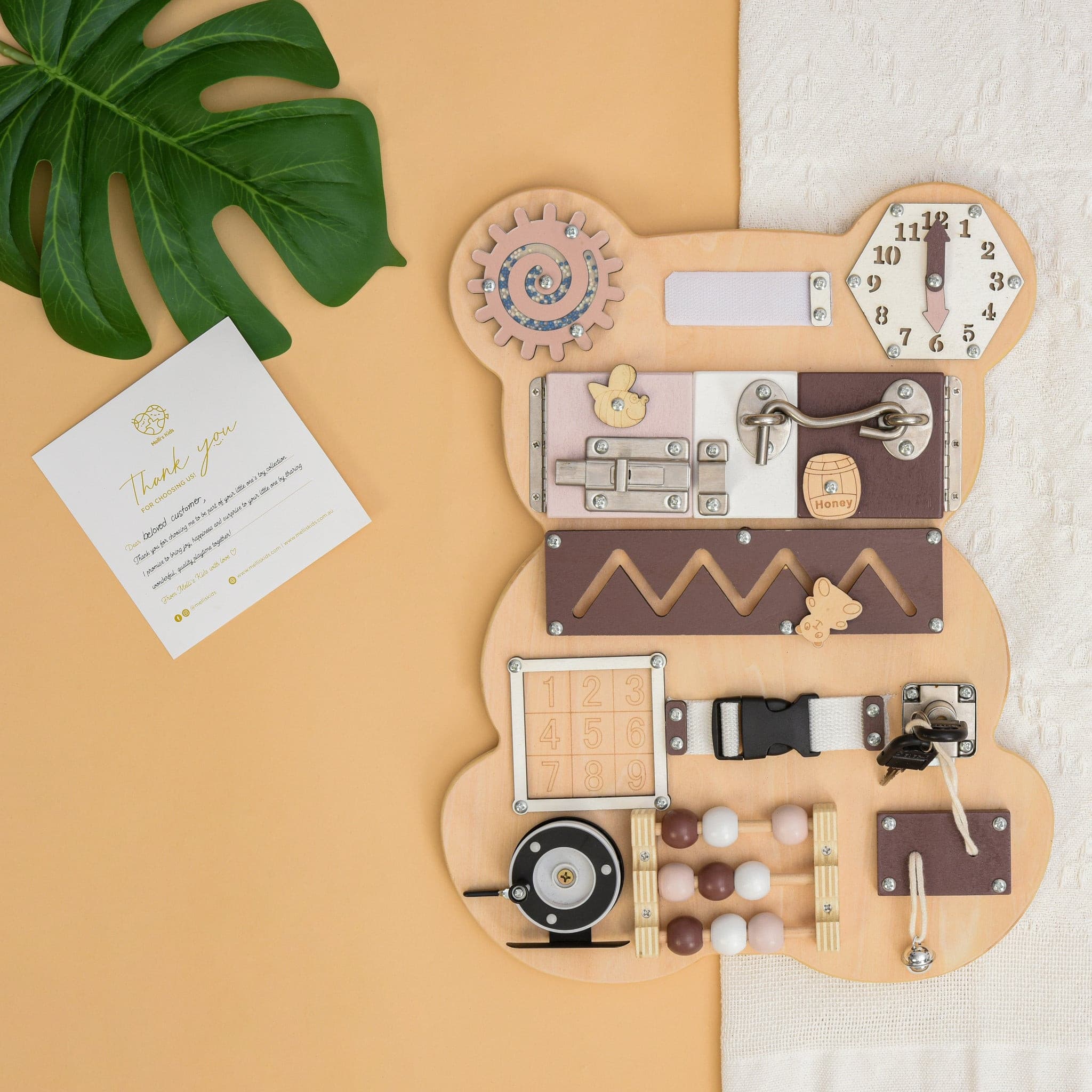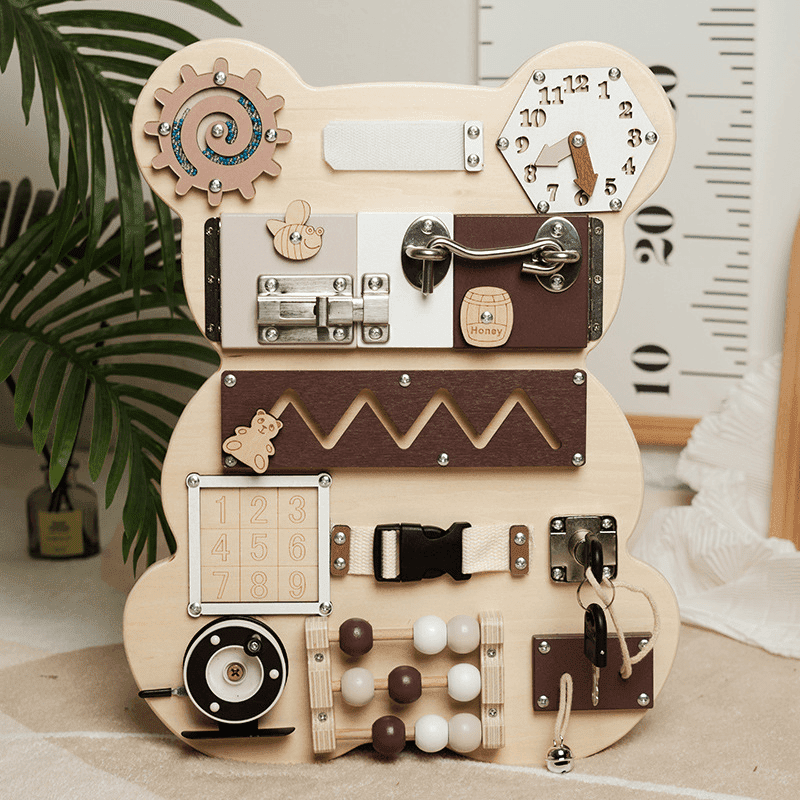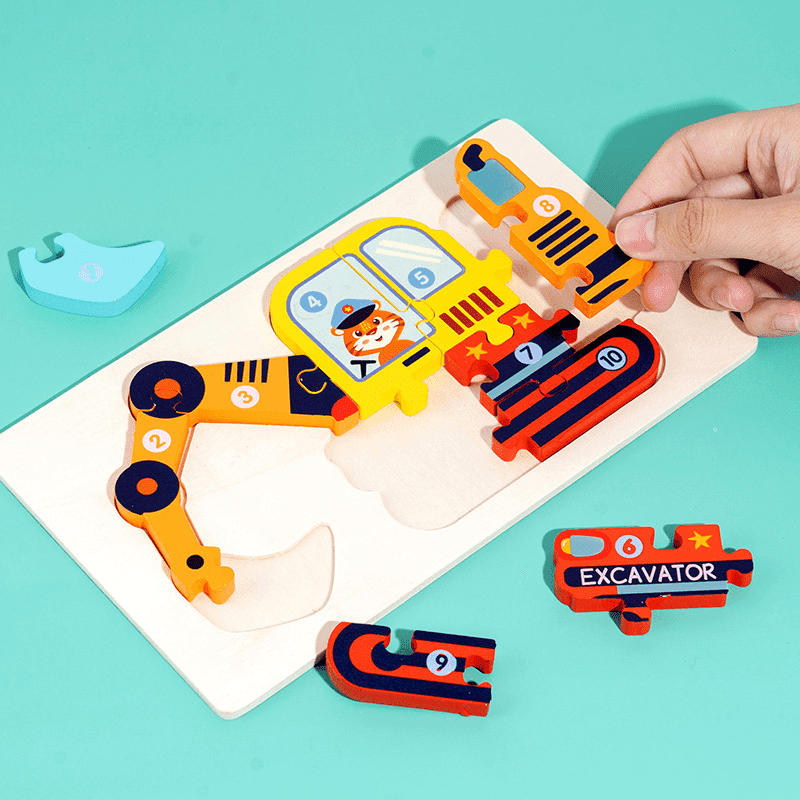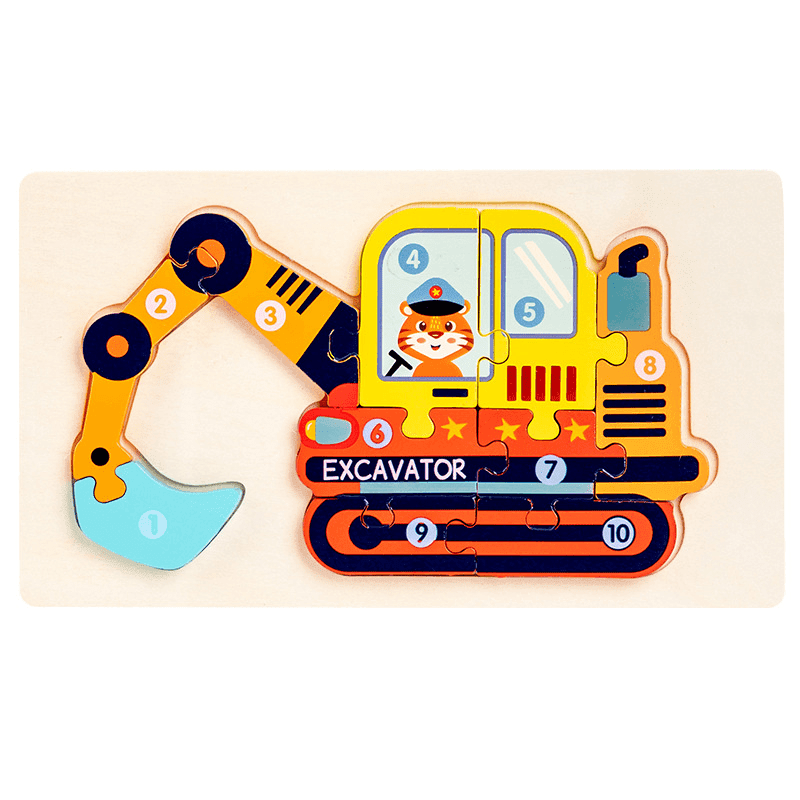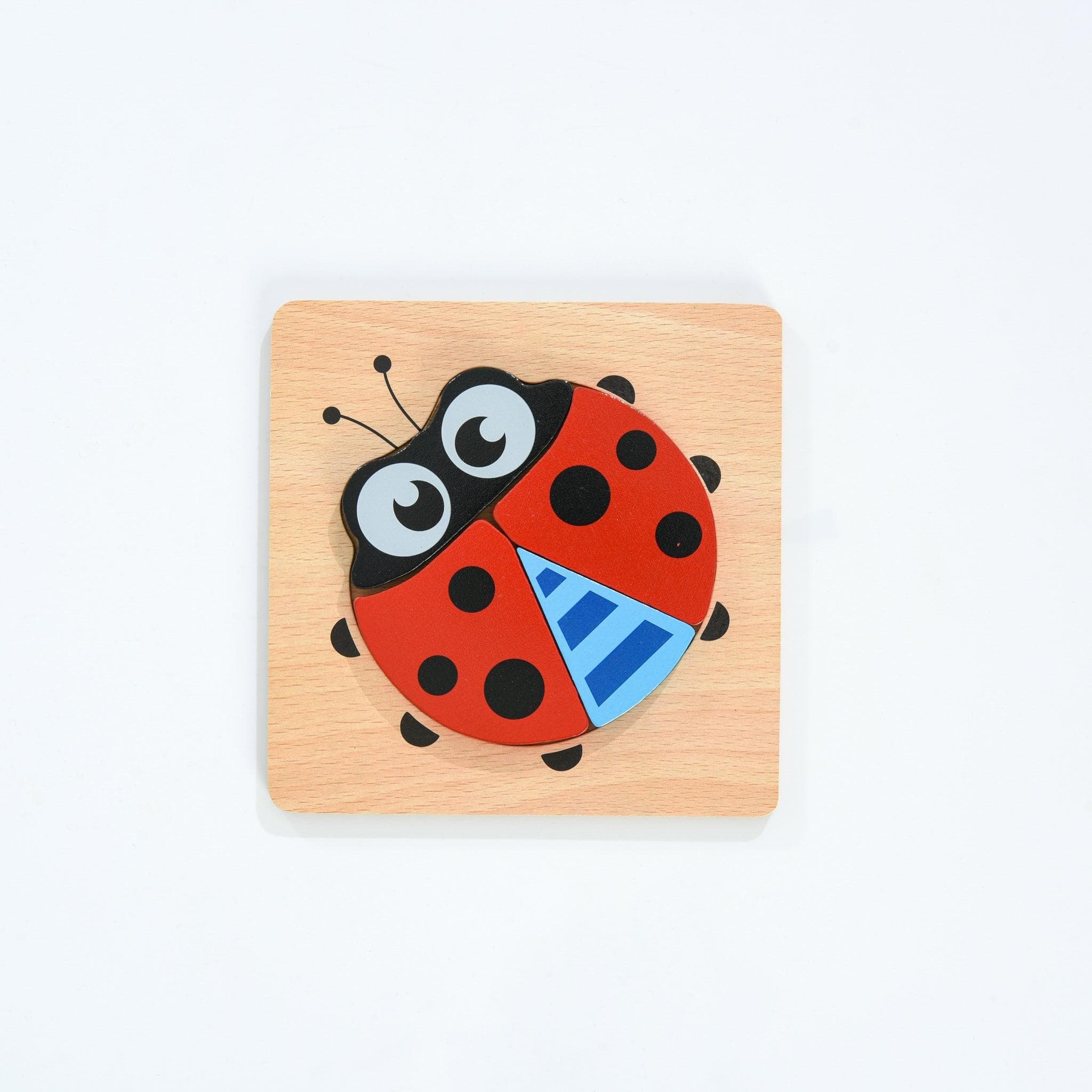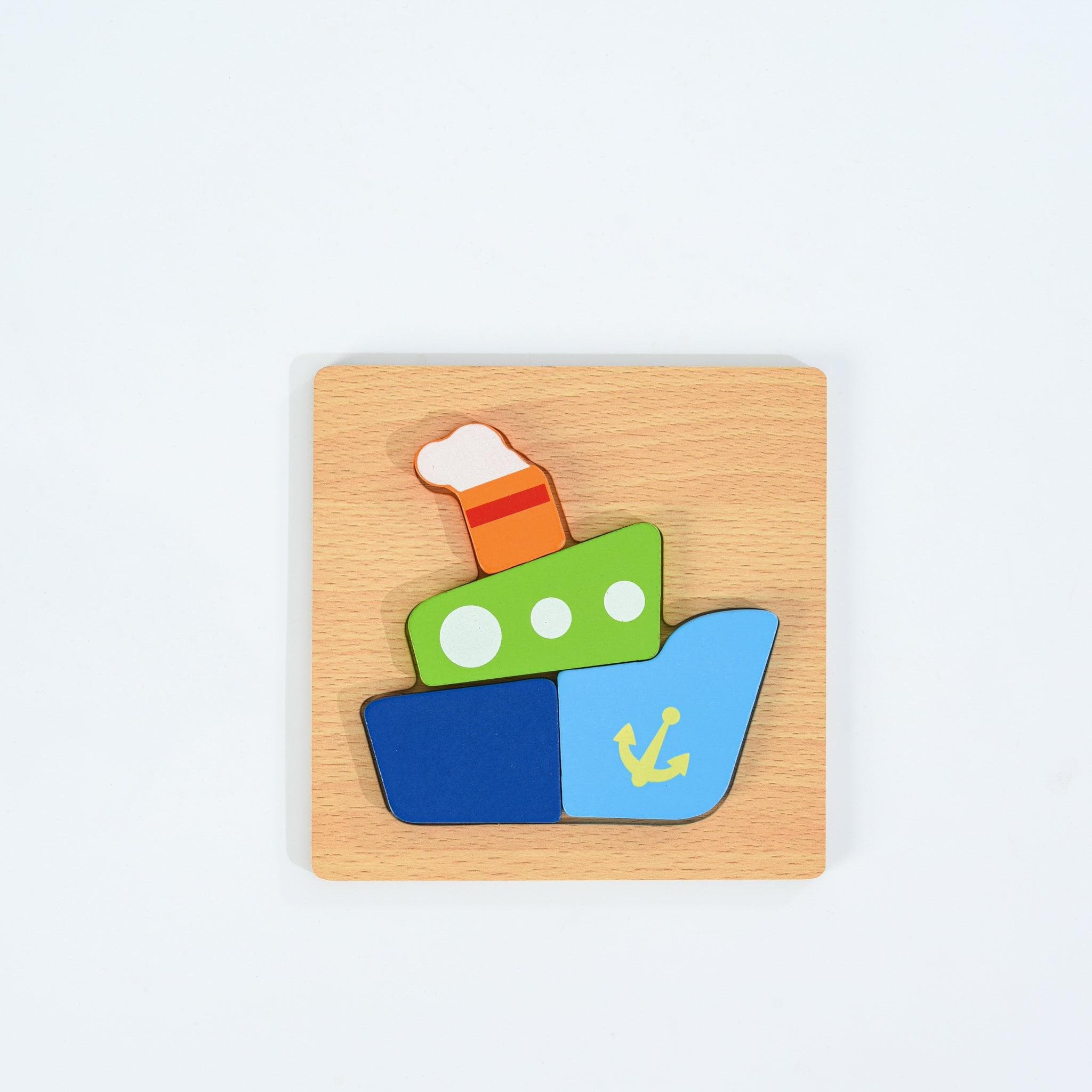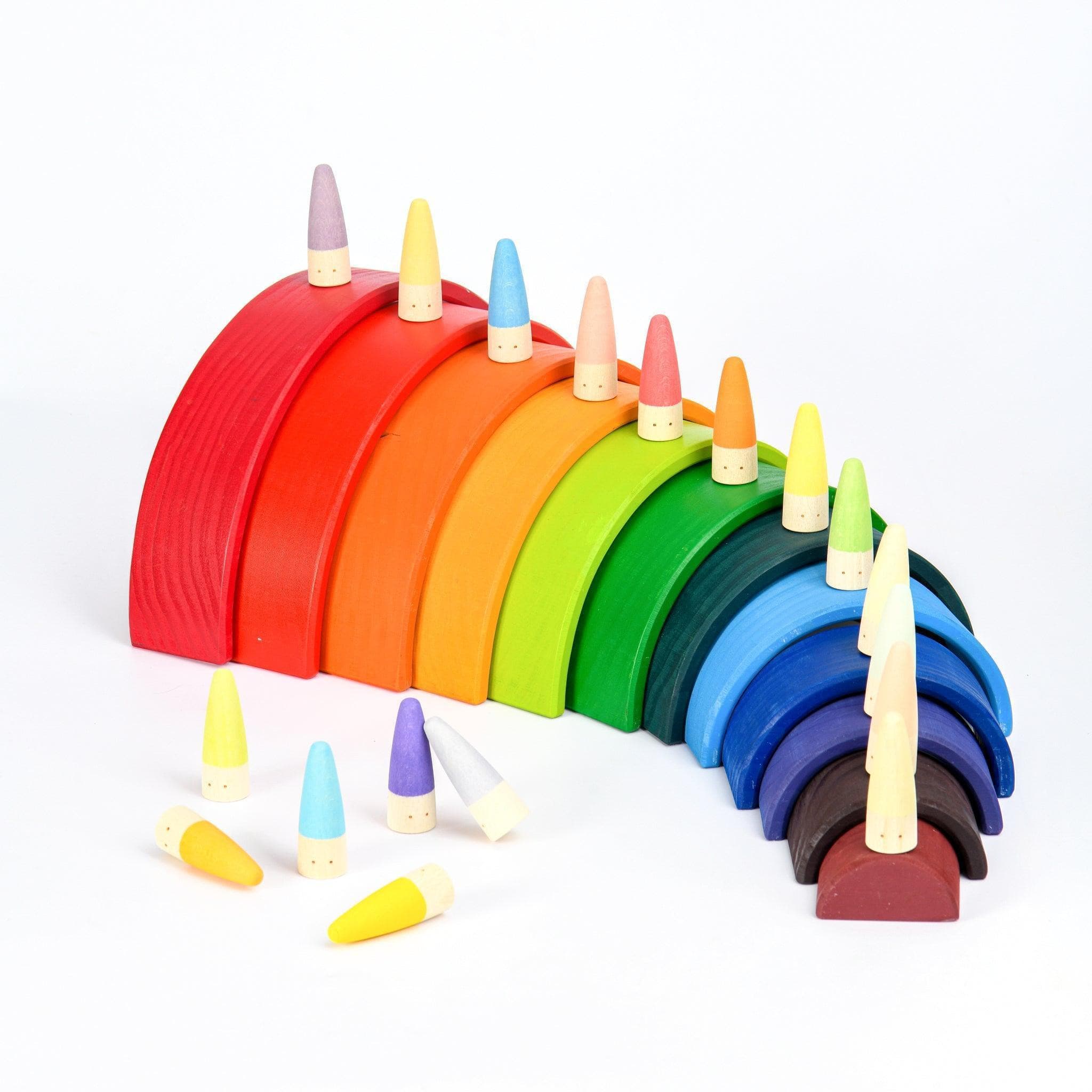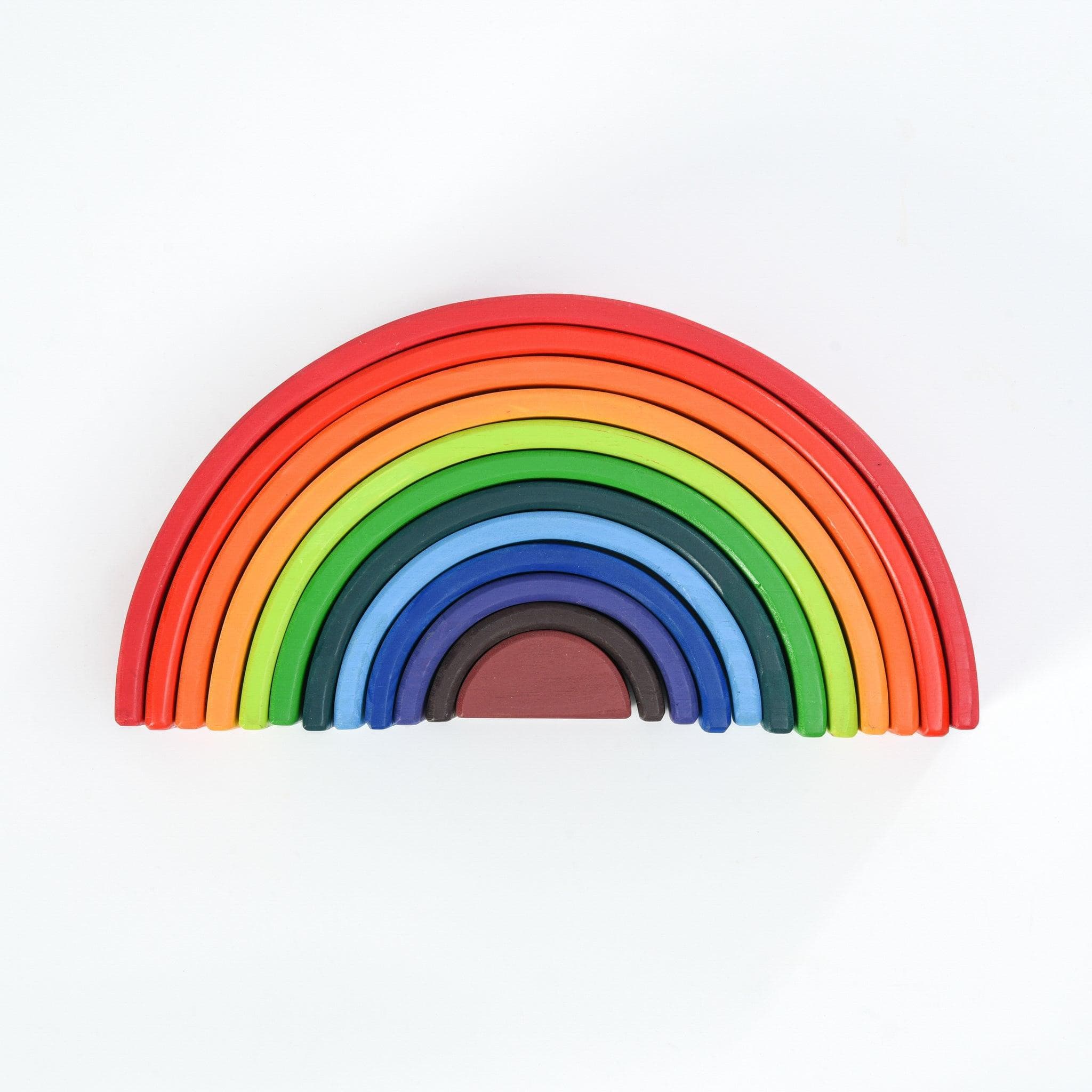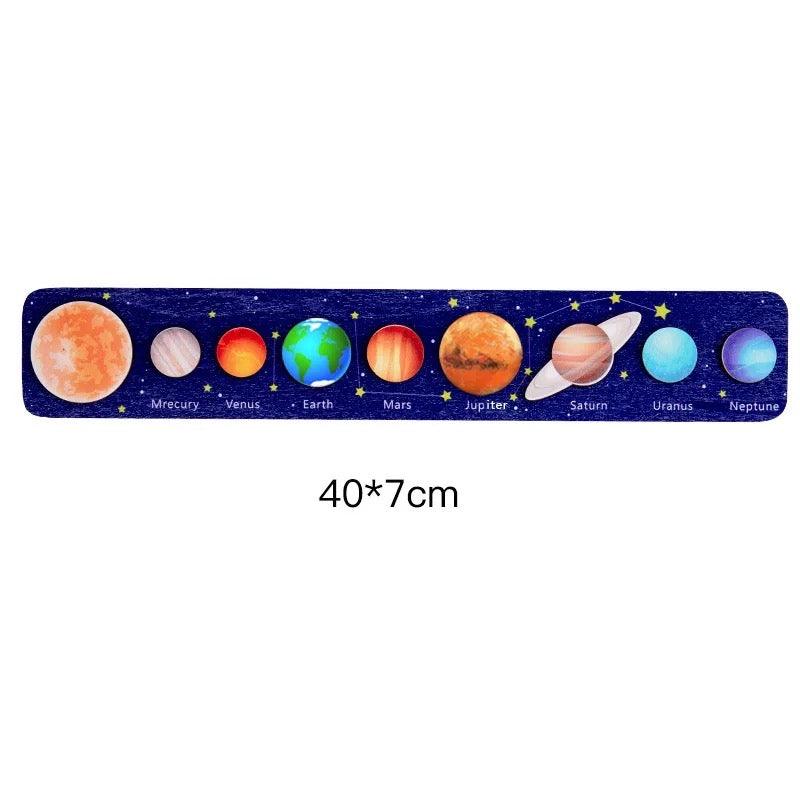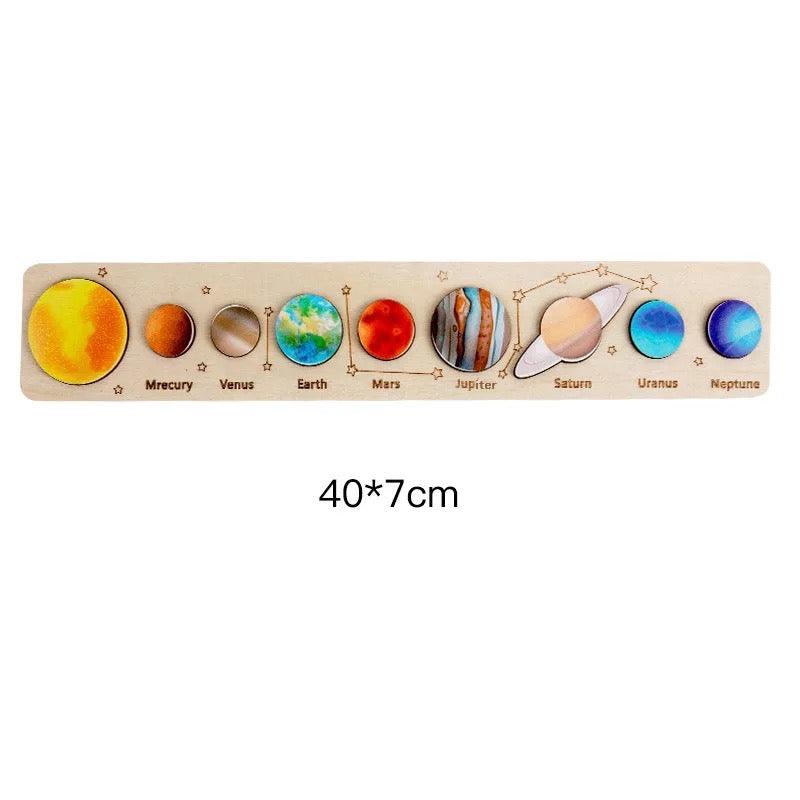Get to know the benefits of sensory play in early years
In early years, children utilize their five senses to explore and attempt to make sense of the world around them. It's a key aspect of early childhood development, and it's essential for brain development to provide kids the chance to actively employ their senses as they explore the environment through "sensory play." Babies learn best through sensory exploration, which makes sense given that their cognitive abilities to create an understanding of things, places, people, and relationships are still developing. Therefore, it is crucial for development to awaken children's inherent curiosity through sensory play in the early years.

The Early Years Foundation Stage (EYFS) lists the following Prime Areas of Learning and Development as being supported by the use of sensory play: communication and language, physical development, and personal, social, and emotional development.
Let’s go into details in the next part!
BENEFITS OF SENSORY PLAY
Actually, there are a lot more advantages to sensory play than things about to be mentioned. We could go on for a long time explaining how engaging senses helps children while they play because the human brain is a very sophisticated creature.
Brain Development

The brain growth of infants depends much on exposure to new experiences. Using their senses helps children develop their cognitive abilities by strengthening and forming new neural connections in the brain. As children grow, absorbing these new experiences during sensory play helps provide a solid foundation on which to build all of their future learning experiences, helping them to acquire the ability to solve problems and comprehend ever-more-complex learning activities. Young children are better able to engage with and retain new information when they learn it using their senses.
What are the advantages of sensory play then? Children are exposed to a variety of experiences through sensory play, which helps their brains develop the proper sensory processing skills. It is vital for babies and toddlers' brain development to stimulate these senses through play because many of these talents grow best in the early years.
Physical Development

Young children always want to explore. Through sensory play, they have the chance to harness this innate curiosity and create an early love of learning.
When engaging in tactile sensory play activities, young children become familiar with objects through touch, which is important for their physical development. Squeezing, molding, pulling, and shaping while playing stimulates their senses and aids in the development of their fine and gross motor as well as their problem-solving abilities.
For instance, consider the amount of force required for a young child's little hand to form and mold play dough. Their hand and arm muscles get stronger the more these movements are performed. Consider it a baby gym! This growth may eventually support your child's coordination and balance.
To help your child's senses become more stimulated, it is beneficial to add messy play into sensory exercises. Your child is developing vital motor skills and exposing their brain to a wealth of learning opportunities when they use their hands to explore various textures and temperatures.
Emotional Development

While supporting children's normal physical and mental development, sensory play can also help young children learn early self-regulation skills and reduce their anxiety. The advantages of sensory activities include fully immersing experiences. You may have occasionally seen that your baby or toddler becomes completely engaged in exploring and learning during these activities. While physical development benefits greatly from hobbies like hand painting and dough rolling, young children can also benefit therapeutically from the repetitive motions.
One of the numerous advantages of sensory play is the way it strengthens relationships between parents and children. This is also true when kids go through it in a group or with other kids at their age; encouraging emotional growth and awareness, as well as communication and social engagement.
SENSORY LIGHTS - SIMPLE TO TRY AT HOME
Consider drawing ideas from Melli’s Kids' favorite sensory activity to awaken all the senses through sight. Sensory play encompasses any activity that piques at least one of your child's senses. Don't forget to make sure that an adult is supervising every activity.
In addition to being a ton of fun, sensory-light activities have been proven to improve children's crucial relaxation and focus levels while also developing their social and emotional skills. With this easy project, you can create your very own colorful light show at home!

Materials
- Torch
- Color tissues
- Sticky tape
- Scissors
- Glimmering fabric (optional)
Directions
- Cut a few squares of color tissues; stack several sheets on top of one another.
- With sticky tape, attach the tissues to the torch's light end.
- Dim the lights and turn on the torches
- Create your own sensory light show by shining the torch on the nearby walls!
SENSORY PLAY RESOURCES AND EQUIPMENT
Enhance a child’s development and stimulate their senses with our extensive range of Equipment and Resources for your primary school, nursery, preschool or early years setting.

Extending from sensory tables to light panels and balls, our fantastic selection of Sensory items – ideal for babies, toddlers, preschoolers and primary school children. We stock a wonderful range of sensory furniture, boards, toys, sensory sound and much more. One of the most well-known sensory toys at Melli’s Kids is the sensory bin. Children can explore and learn via hands-on, tactile play in sensory bins, which stimulates their senses. These bins are wonderful tools to have in your house and promote a variety of developmental activities. Themes for sensory bins include holidays, seasons, and academic concepts.
Create your enchanting sensory room with Melli’s Kids today!

